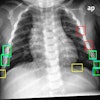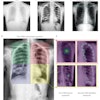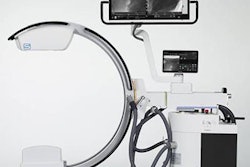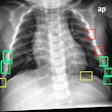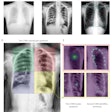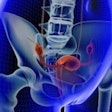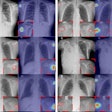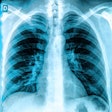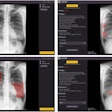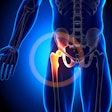The researchers retrospectively analyzed data on 121 patients with high tumor burden and more than three HCC nodules in vascular invasion treated at three European centers between 2009 and 2018; 558 treatments were performed. Modified Response Evaluation Criteria in Solid Tumors (mRECIST) were used for response assessment.
The best response after DSM-TACE was seen after a median of three treatments, with complete response, partial response, stable disease, and progressive disease noted in 13.5%, 44.5%, 25.2%, and 16.8% of patients, respectively. DSM-TACE was well tolerated with no major clinical adverse events, the study authors found.
In addition, after repetitive DSM-TACE, the researchers observed preserved liver function in patients even when the liver was treated as a whole.
"Repetitive DSM-TACE can be performed safely with low adverse event rates and liver function preservation over time," concluded Dr. Johannes Ludwig and colleagues. Ludwig, a radiologist at University Hospital Essen, will present the research.
What do you do when nothing else works? Check out this Tuesday morning session for the details.
